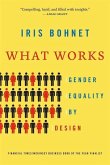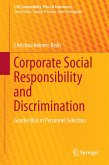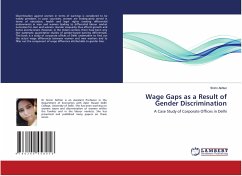Revision with unchanged content. Wage discrimination reduces the wages of groups subject to discrimination. Its effect on other groups is less obvious. A powerful effect on one group in a work relationship likely affects other members of the relationship. This study develops and tests models of discrimination in which managers biases cause discrimination. Unlike other models of discrimination, these models predict that as managers level of bias rises, the wage gap rises, and managers pay falls. Using data from the 2000 U.S. Census, this study finds that increased discrimination against female workers leads to lower wages for managers in the same geographic area. This is consistent with the proposed models. In the context of the race wage gap, the opposite effect holds for managers: when discrimination rises, manager wages rise. Discrimination that comes from managers' biases could explain some of wage discrimination based on sex, race wage discrimination needs another explanation. This model and its implications are of interest to researchers in the economics of discrimination as well as civil rights advocates and human resources professionals.
Hinweis: Dieser Artikel kann nur an eine deutsche Lieferadresse ausgeliefert werden.
Hinweis: Dieser Artikel kann nur an eine deutsche Lieferadresse ausgeliefert werden.








